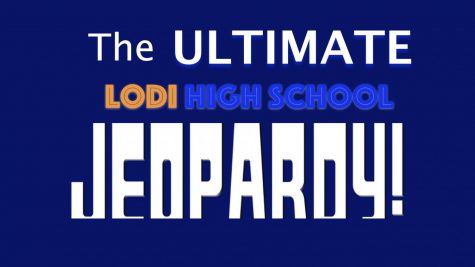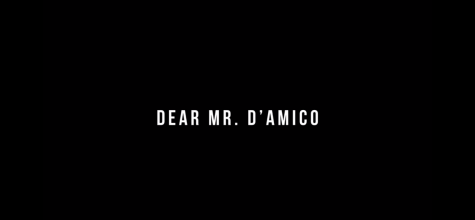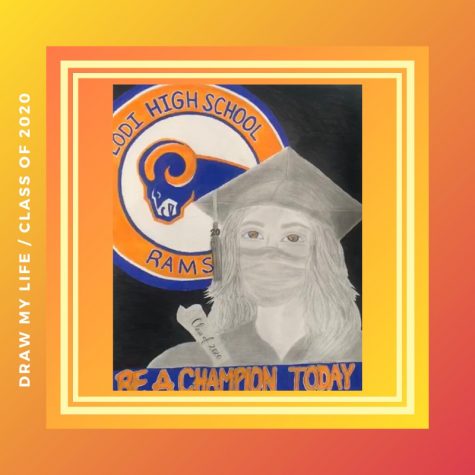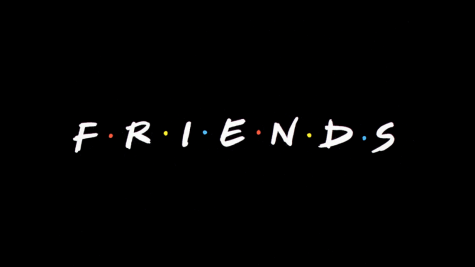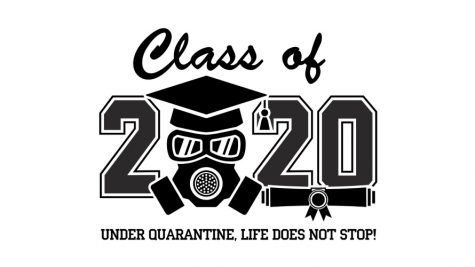Joker: The Clown Prince of Controversy
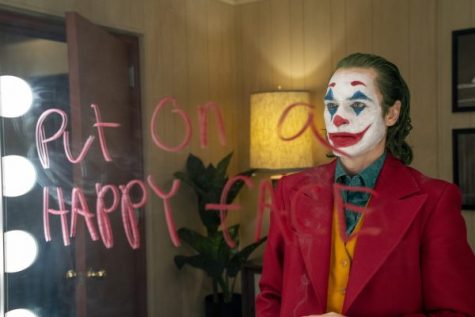 Halloween season has officially arrived and Hollywood has itself a new box office success with the release of Joker which set a record for the biggest October opening ever, beating out Venom the previous record holder, with a total of ninety-three million dollars. But, with such a bright spotlight shining over such a dark and mature movie in this age of social media, Joker had to deal with plenty of controversy. Especially with the many tragedies that have fallen upon this country, movie goers have come out of theaters with the idea of the Joker seemingly promoting mass violence. But do these claims really have any backing? Or are movie goers simply confusing being a “protagonist” with being a “hero”?
Halloween season has officially arrived and Hollywood has itself a new box office success with the release of Joker which set a record for the biggest October opening ever, beating out Venom the previous record holder, with a total of ninety-three million dollars. But, with such a bright spotlight shining over such a dark and mature movie in this age of social media, Joker had to deal with plenty of controversy. Especially with the many tragedies that have fallen upon this country, movie goers have come out of theaters with the idea of the Joker seemingly promoting mass violence. But do these claims really have any backing? Or are movie goers simply confusing being a “protagonist” with being a “hero”?
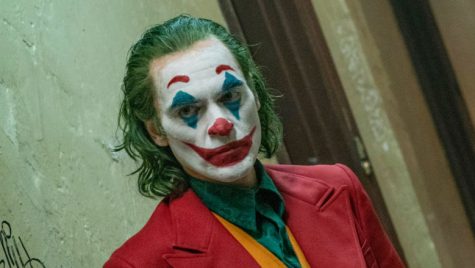
As for the character of the Joker this is far from the first time comic book’s clown prince of crime has been prevalent in media with multiple iterations of the character in any form one could think of. He has appeared in multiple movies, television shows, video games, and he has even made an appearance in theaters with most, if not all, appearances depicting a twisted and psychotic murderer. But what really separates the Joker from other outings is the perspective and tone this movie decided to take. Unfortunately, for the Joker, its first reception was that of just another comic book movie that will be super popular with children; but, while the source material may be derived from comics, the story told in this movie is one that is rooted in the real world with mature themes that are not suited for children. It’s this misunderstanding that has people taking young children into theaters then coming out furious making claims such as “This movie promotes mass violence.”
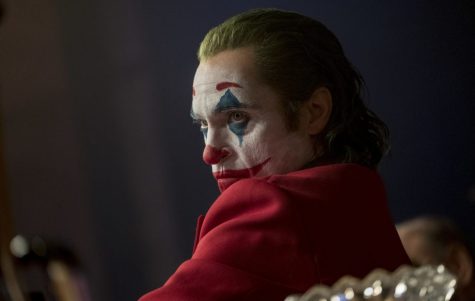 The thing is, just because someone is shedding light on something does not mean they are promoting it. This movie is a somber character study of a mentally ill man who gets beaten over and over again by a society that’s been split into a war of two classes, the poor and the rich. Joaquin Phoenix (actor who portrayed the Joker) has even been vocal on the matter stating, “I don’t think it’s the responsibility of a filmmaker to teach the audience morality or the difference between right or wrong.” Yet Warner Bros. Pictures (the studio responsible for the movie) has tried their best to do exactly that stating in multiple reports that they do not agree with or promote any of the actions taking place in the movie. But, for some reason, this movie keeps getting backlash for the same thing. While the more serious tone should be taken into account, isn’t it strange that a movie that was arguably even more violent like Deadpool, a movie which depicts Deadpool at the very least as an anti-hero, was praised for how it took risks and chances but Joker gets critiqued for the same thing?
The thing is, just because someone is shedding light on something does not mean they are promoting it. This movie is a somber character study of a mentally ill man who gets beaten over and over again by a society that’s been split into a war of two classes, the poor and the rich. Joaquin Phoenix (actor who portrayed the Joker) has even been vocal on the matter stating, “I don’t think it’s the responsibility of a filmmaker to teach the audience morality or the difference between right or wrong.” Yet Warner Bros. Pictures (the studio responsible for the movie) has tried their best to do exactly that stating in multiple reports that they do not agree with or promote any of the actions taking place in the movie. But, for some reason, this movie keeps getting backlash for the same thing. While the more serious tone should be taken into account, isn’t it strange that a movie that was arguably even more violent like Deadpool, a movie which depicts Deadpool at the very least as an anti-hero, was praised for how it took risks and chances but Joker gets critiqued for the same thing?
While, admittedly, the movie is very dark, violent, and even flat out disturbing, maybe that’s not such a bad thing. Art, in any form, is great because it makes you feel something; however, just because the emotion it makes you feel isn’t a positive one, doesn’t always mean the art itself is then bad. Joker, at the end of the day, is a work of fiction and it isn’t fair to blame something like this movie for acts of violence in our lives. Simply put, in this story there are no heroes, just men and women living in a really messed up world.
For more information on this topic and other news involving the release of Joker and its controversies see the links below:
https://www.theatlantic.com/entertainment/archive/2019/10/joker-movie-controversy/599326/
https://screenrant.com/joker-warner-bros-response-movie-violence-controversy/

Q: Who’s a musical artist you’ve always wanted to meet?
A: It would have to be either Kendrick Lamar or J. Cole. I would actually want to pick their...






